
Training Through Menopause—with Dr. Stacy Sims
Dr. Stacy Sims gives her advice on how to coach women through all stages of menopause.
Periodization, polarized training, interval workouts—your performance depends on how you train. Master the key training concepts in endurance sports and you will look at every workout with new eyes.

Dr. Stacy Sims gives her advice on how to coach women through all stages of menopause.

Being a mom and an athlete can require world-class juggling and coping skills. As a coach, how can you best support and empower these athletes? We find out from Coach Alison Freeman (who’s also a Mom-Athlete).
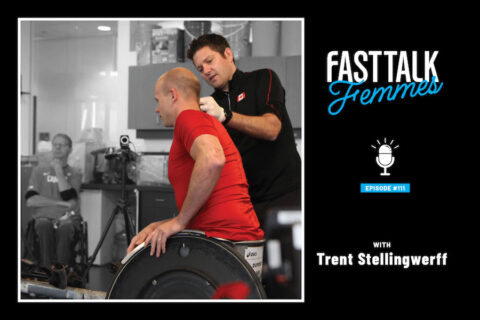
Learn how to get the most from your training and fueling—and avoid the pitfalls of overtraining—with advice from a leading academic.

Run your target marathon pace by developing basic speed before anything else.
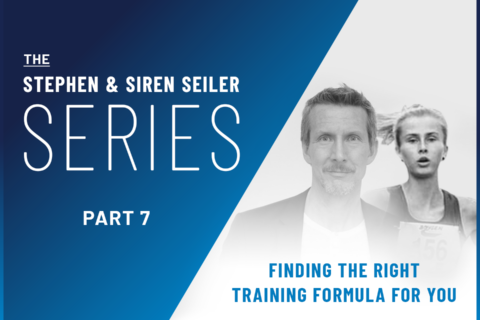
Learning what works best for your training and adaptation can be a process of trial and error, as the Seilers discuss in this latest video.
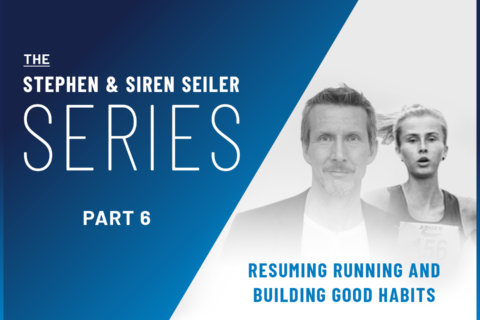
Siren Seiler talks about getting back into running and the importance of building good habits around training and recovery.
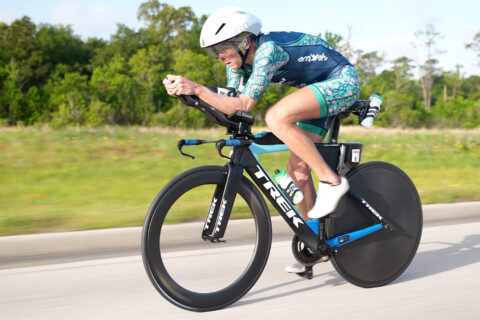
Training mistakes are costly for masters athletes. Coaches who are savvy to aging position their clients for a lifetime of performance.
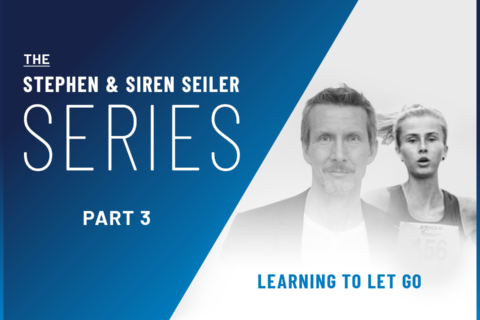
In the third part of our eight-part video series, Siren Seiler talks about learning to let go of expectations and start over after being sidelined with another injury.
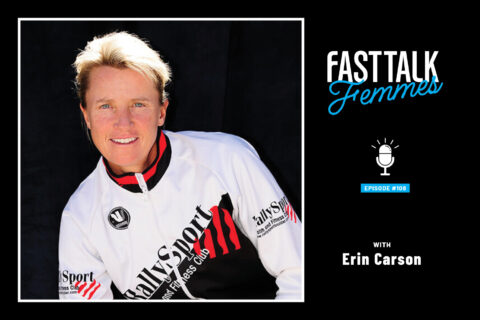
Erin Carson is a strength coach who has worked with some of the world’s best cyclists, triathletes, and runners. In our latest show, she talks about how female athletes can get the most from their time in the gym.
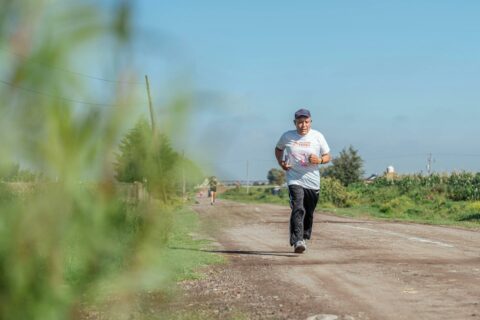
Coach Trevor Connor outlines how coaches and masters athletes can better address the physiology and psychology of aging in their training.
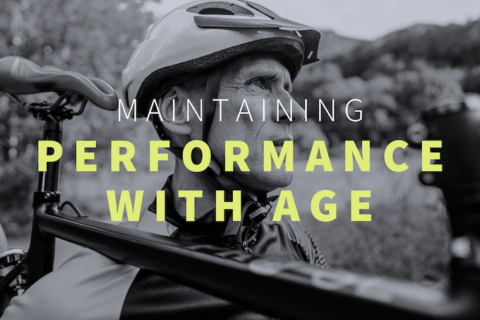
In this video, Joe Friel highlights three key factors for coaches to focus on to ensure their aging athletes remain fit and well.

What is pain—and how can we learn to tolerate it in training and racing? We find out on our latest Fast Talk podcast where we’re joined by neuroscientist Dr. Scott Frey.

You know your workout is supposed to be easy, but you just can’t help dropping the hammer sometimes. A leading neuroscientist lifts the lid on what’s going on in your brain when this happens—and what you can do about it.
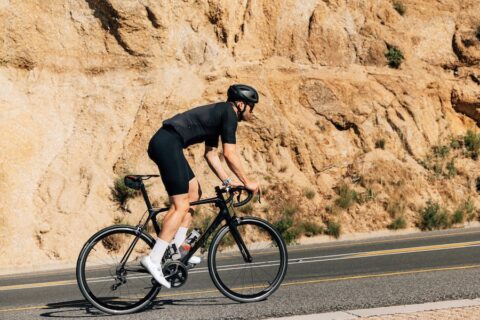
Get your fast-twitch muscles working harder for you with this two-part bike workout.
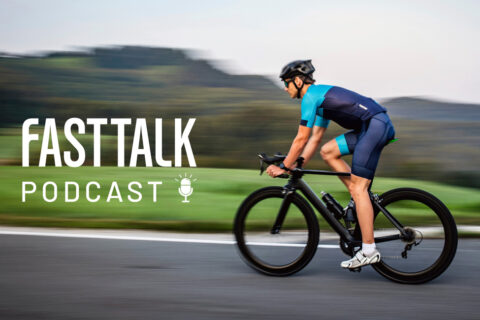
In this week’s episode, our hosts talk about the best work to do leading into the race season, getting meditative during intervals, and preparing for an epic event.

There’s an abundance of myths about training while pregnant and postpartum return to activity. Catherine Cram is an expert in the field who helps separate fact from fiction with the latest research and knowledge.

So you want to give the polarized training approach a go? Here’s how to map out your week using the 80/20 training model.
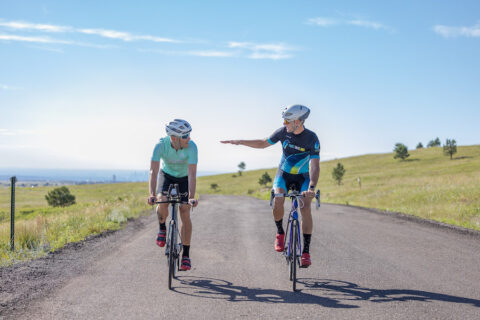
You might have heard of polarized training, but do you know how to implement it in your training? We’re here to help you get started.